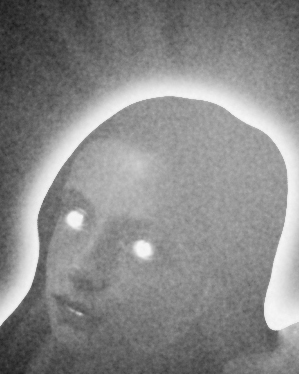Home -> Encyclopedia -> Timelines – Human mythology
1. Prehistoric Period Mythology (c. 2.5 million years ago to 3000 BCE):
Cave Paintings and Mythology
In this period, mythology often took the form of animism and totemism. Early humans portrayed their stories through cave paintings, depicting their relationship with animals, Pachamama (Earth Mother), and spirits. These paintings signify our ancestors’ struggle to comprehend the natural world around them.
2. Ancient Mythologies (3000 BCE – 500 AD):
Birth of Complex Mythologies
Many complex mythologies, including those of the Ancient Egyptians, Sumerians, Greeks, and Romans, were formed during this era. Each had a pantheon of gods associated with natural phenomena, moral principles, life, death, and other essential aspects of life.
3. Medieval Period Mythology (500 AD – 1500 AD):
Christian and Islamic Mythos
With the rise of Christianity and Islam, older pagan mythologies began to falter. A new set of mythologies, rooted in religious scriptures like the Bible and the Quran, emerged, with stories of angels, demons, prophets, miracles, and divine judgment.
4. Early Modern Period Mythology (1500 AD – 1700 AD):
Mythology in Literature
The Early Modern Period saw the retelling and reinterpretation of ancient myths. Shakespeare, for instance, integrated Greek and Roman mythologies into his plays. This period fused mythological elements into genres like drama, poetry, and prose, making them accessible to a broader audience.
5. Enlightenment Period Mythology (1700 AD – 1800 AD):
Rational Interpretation of Myths
During this period, mythology underwent significant reinterpretation. The Enlightenment saw myths as allegories that contain hidden wisdom about humanity and the natural world, rather than literal historical accounts.
6. Romantic Period Mythology (1800 AD – 1850 AD):
Revival of Ancient Mythologies
The era saw a renewed interest in ancient mythologies. Poets, artists, and writers recreated mythological stories and characters in their works to provoke emotion and imagination, juxtaposing them against the rationality and industrialization of the Enlightenment.
7. Modern Period Mythology (1850 AD – Present):
Evolution and Integration of Mythology
Modern mythology is a blend of traditional folklore, urban legends, and popular culture. Comic books, novels, movies, and videogames have given birth to new mythologies, reinventing traditional archetypes in modern contexts (e.g., the rise of superheroes as modern mythical gods).

